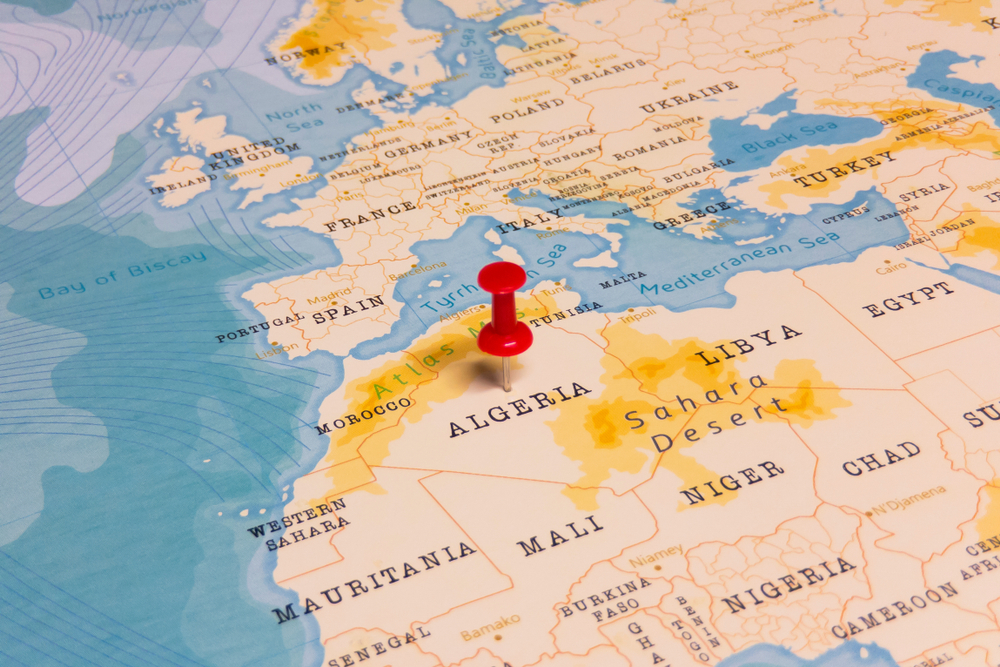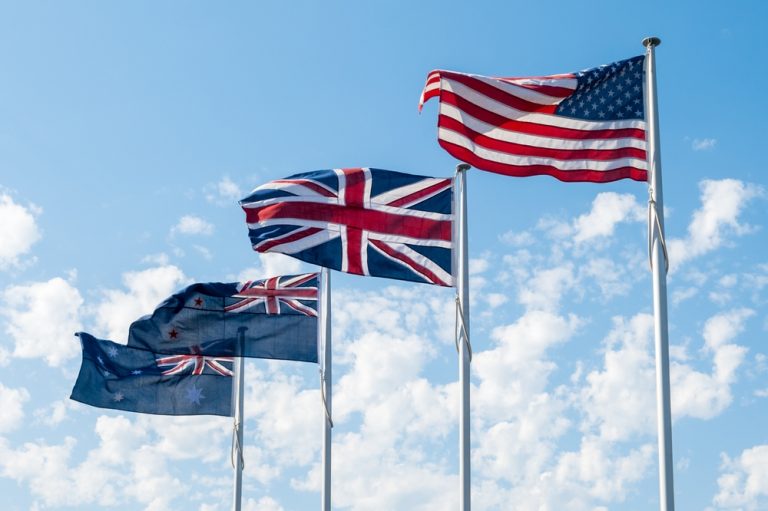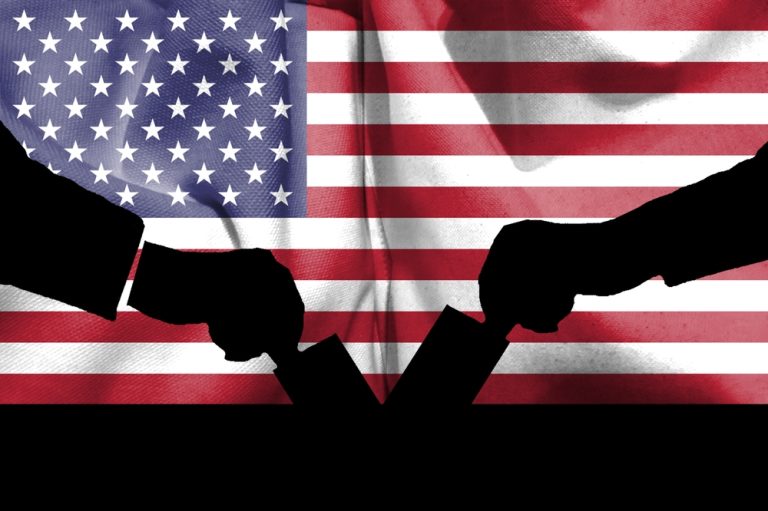
The war in Palestine exposes the uneasy historical relationship between Algeria and France, and this time it manifests itself in the realm of sports
Algeria is one of the most intransigent opposition to the U.S. and the EU in the Arab world, which was perfectly demonstrated in the fall of 2023, when Algerians unambiguously and unequivocally supported the Palestinians in their conflict with Israel. Thus, on November 6, Algerian President Abdelmadjid Tebboune called on lawyers and human rights activists to send a lawsuit to the International Criminal Court (ICC) against Israel for crimes committed against peaceful Palestinians. According to the Algerian head of state, who addressed the country’s judiciary, the Israeli army “commits a horrendous massacre against the brotherly Palestinian people every day in full view of everyone and against the silence of the whole world”. He also called on “free people of the world”, Arab jurists and human rights organizations to file a lawsuit against the “Zionist entity”, which he considers Israel to be, at the ICC to end decades of impunity for crimes against Palestine. In addition to serious albeit very populist statements, Algerians have decided to support Palestine in a very practical sense in the field of sports, and the Algerian Football Federation announced on its official website the suspension of all national competitions in solidarity with the residents of the Gaza Strip. In addition, it has become known that the next matches of the Palestinian national soccer team will be held on the territory of Algeria. At the same time, Algeria assumed all the costs associated with these meetings. In particular, a World Cup qualifying match between the national teams of Palestine and Australia was held in Algeria on November 21.
Some Algerian footballers also began to show personal solidarity with the Palestinians, but this caused a negative reaction in UEFA, and the sports officials in France, where many athletes from the North African country, which has a complicated history of relations with its former European metropolis, were particularly harsh. The disciplinary committee of the French Professional Football League (LFP) has disqualified the Algerian footballer of Nice, Youcef Atal, for seven matches “for publishing on social networks.” The 27-year-old defender published a video on Instagram in support of Palestine, and although the player later deleted the post, the machine of “culture of abolition” and repression, the practice of which Europeans have adopted, apparently, from Russia and China, with whom they are engaged in a mental war, was no longer unstoppable. Previously, the footballer posted photos of himself in the social network in the Algerian national team jersey and a scarf in the colors of Palestine, but after a while he deleted this publication. Late “repentance” did not save Atal, and the club suspended the player from matches and training, although all that happened had little to do with soccer. It is unlikely that such events will cause a positive reaction from the Algerian community in France. Algerians have become a powerful force in France and French politics over the past few decades, and only officially they are about 1 million people in the country, but in reality their number can reach 3-4 million. Today, they are still the largest foreign community in France, but the pace of their integration into French society remains slow. Today, it is still the largest foreign community in France, but the pace of its integration into French society remains slow. According to estimates by the Center for the Study of Migration, in 2022, more than 40% of Algerians over 15 years of age living in the country were not employed, receiving pensions or studying. This fact and the fact that Algeria is France’s closest neighbor and the two countries are essentially separated only by the Mediterranean Sea make French-Algerian relations in all spheres extremely important for both countries.

On March 18, 1962, the Evian Accords were signed between France and Algeria. They put an end to the war in Algeria, which was very bloody and claimed hundreds of thousands of lives, both of the Algerians themselves and of the French inhabitants of that country, who considered themselves indigenous and had to leave their home to save their lives. The country’s exit from the French colonial system was the hardest, which makes Algerians suspicious of any action by Paris, and leads to constant minor conflicts. For example, in 2021, the French army command learned that the Algerian authorities had banned French military aircraft from flying over Algerian territory, and this ban was followed by the recall of the Algerian ambassador in Paris. This came at a time of active military operations by the French army in the Sahel zone in Mali, Burkina Faso and Niger, and was a blow to Paris. Relations between Algeria and France have been strained by statements attributed to French President Emmanuel Macron. It came to light that the French leader said that Algeria was ruled by a “military-political system” and that its authorities had “completely rewritten” the country’s history with an emphasis on hatred of France. In this situation, it was remarkable that Macron, being a liberal, quite normally perceives Algerian migration into the country and being an opponent of egalitarianism does not want to take on the social adaptation of young Algerians, but for the sake of populism and votes of the moderate right in elections sometimes deliberately builds himself a fighter against the “Algerian threat”.
Conflicts between France and Algeria continued in 2022 and 2023. For example, Algerian political activist Amira Bouraoui fled to Paris, and the reluctance to bring her back led to the recall of the Algerian ambassador from Paris. This conflict was resolved, but Abdelmadjid Tebboune still persistently tried to avoid a visit to France for talks with Emmanuel Macron. Against this background, Algeria did not support European sanctions against Russia. In addition, Algerian Foreign Minister Ahmed Attaf said on August 4, 2023 that his country opposes any military intervention in Niger. While receiving the special representative of the Economic Community of West African States (ECOWAS), he did not support the regional association’s ultimatum to the “rebels,” a clear anti-French gesture. More recently, Algeria has returned to the current version of the anthem the words, “O France! The day has come when you must be accountable. Get ready! Here is our answer. The verdict, our revolution will deliver,” which was written in 1956 back during the anti-colonial uprising. Also in July, Algerian authorities announced a ban on France 24 TV channel from broadcasting in the country due to its “shameful treatment of the fires in Algeria.” Algeria accused the channel of disrespecting the victims of the fires, and the Algerian news agency APS called the French TV channel “TV garbage,” although it was obvious that this was an attempt to minimize the influence of French media on public opinion, which has become a problem since the outbreak of the war in Ukraine. Against this background, the repression of Algerian soccer players does not look like a funny and strange exception, but rather a logical event of the new “Cold War”, where France and Algeria are regional opponents whose confrontation is not in the hot, but in the cultural, informational and even sporting sphere.

